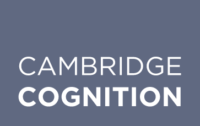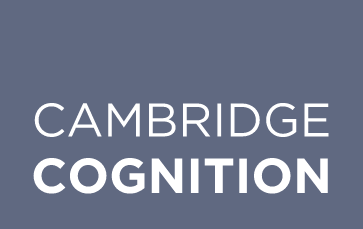Executive function
Spatial Working Memory (SWM)
Spatial Working Memory requires retention and manipulation of visuospatial information. This self-ordered test has notable executive function demands and provides a measure of strategy as well as working memory errors.
- Administration time: 4-6 minutes
Task format
The test begins with a number of coloured squares (boxes) shown on the screen. The aim of this test is that by selecting the boxes and using a process of elimination, the participant should find one yellow ‘token’ in each of a number of boxes and use them to fill up an empty column on the right-hand side of the screen. Depending on the difficulty level used for this test, the number of boxes can be gradually increased until a maximum of 12 boxes are shown for the participants to search. The colour and position of the boxes used are changed from trial to trial to discourage the use of stereotyped search strategies.
CANTAB® cognitive assessments

Spatial Working Memory (SWM)
Outcome measures
Outcome measures include errors (selecting boxes that have already been found to be empty and revisiting boxes which have already been found to contain a token) and strategy.

Recommended use
We would recommend using this test to assess cognitive function in:


